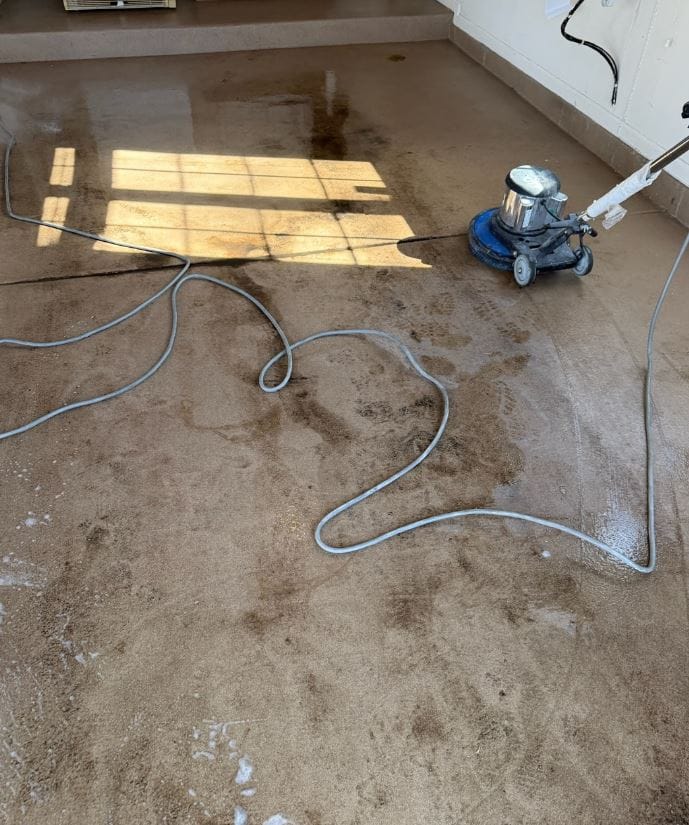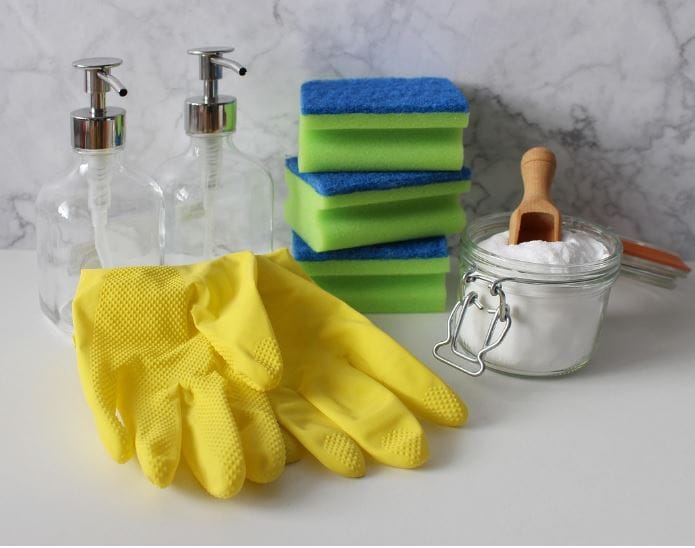Can You Use Dish Soap in a Washing Machine? (The Truth Revealed)

When you run out of laundry detergent, you might glance at your bottle of dish soap and wonder: Can I use this in my washing machine instead? After all, both products clean, so shouldn’t they work the same way?
The short answer is no, you shouldn’t use dish soap in a washing machine—at least not regularly. While it might work in a pinch, dish soap can cause serious problems for your machine and clothes if misused.
In this article, we’ll explore:
- Why dish soap is different from laundry detergent
- What happens when you use dish soap in a washing machine
- When (and how) you might use dish soap safely
- Better alternatives if you’re out of detergent
Let’s dive in!
Why Dish Soap and Laundry Detergent Are Not the Same
At first glance, dish soap and laundry detergent seem similar—they both remove grease and dirt. However, their formulations are designed for completely different purposes:
1. Suds Factor: The Big Difference
- Dish soap is designed to create lots of suds to cut through grease on dishes.
- Laundry detergent is low-sudsing because excess bubbles can damage washing machines.
High-efficiency (HE) washing machines, in particular, rely on low-sudsing detergents. Too many suds can lead to overflow, poor rinsing, and mechanical damage.
2. Ingredients & Chemical Composition
- Dish soap contains strong degreasers (like sodium lauryl sulfate) that can be harsh on fabrics.
- Laundry detergent includes enzymes, softeners, and brighteners to protect and clean clothes effectively.
Using dish soap regularly can strip natural oils from fabrics, making them stiff and faded over time.
3. Rinsing Ability
Dish soap doesn’t rinse out as easily as laundry detergent. This means soap residue can build up in your machine and on clothes, leading to:
- Musty-smelling laundry
- Skin irritation (for sensitive individuals)
- Clogged drainage systems
What Happens If You Use Dish Soap in a Washing Machine?
If you accidentally (or intentionally) pour dish soap into your washing machine, here’s what could happen:
1. Too Many Suds = Potential Overflow
Dish soap creates excessive suds, which can:
- Flood the drum
- Leak out of the machine
- Trigger error codes (in modern washers)
If this happens, you’ll need to stop the cycle, drain the machine, and run rinse cycles to clear the suds.
2. Residue Buildup in the Machine
Since dish soap doesn’t dissolve as efficiently in large water volumes, it can leave behind:
- A slimy film inside the drum
- Clogged detergent dispensers
- Long-term damage to internal components
3. Damage to Clothes
- Colors may fade faster due to harsh surfactants.
- Delicate fabrics (wool, silk) can weaken from the strong degreasers.
- Towels and athletic wear lose absorbency because soap residue blocks fibers.
When (and How) You Might Use Dish Soap Safely
While we don’t recommend using dish soap as a detergent replacement, there are a few exceptions where a tiny amount could work:
1. Emergency Stain Treatment
If you have a grease stain (like oil or butter), a drop of dish soap directly on the stain before washing can help break it down.
✅ How to do it safely:
- Apply only a small drop to the stain.
- Rub gently, then rinse with water before putting it in the washer.
- Use less than 1 tsp of dish soap in the machine (mixed with water).
2. Hand-Washing Delicates
If you’re hand-washing bras, silk, or lace, a mild dish soap (like Dawn) can be gentler than harsh detergents.
✅ How to do it safely:
- Fill a basin with cool water and a few drops of dish soap.
- Swish gently, then rinse thoroughly.
- Never put dish-soaked clothes directly into the washing machine without rinsing first.
3. Cleaning the Washing Machine
Ironically, a small amount of dish soap can help deep-clean a smelly washer by cutting through built-up grime.
✅ How to do it safely:
- Run an empty hot water cycle with 1 tbsp of dish soap and 1 cup of vinegar.
- Wipe down the drum afterward to remove any residue.
Better Alternatives If You’re Out of Laundry Detergent
Instead of risking damage with dish soap, try these safer substitutes:
1. Baking Soda + Water
- Adds mild cleaning power and deodorizes.
- Use ½ cup in a regular cycle.
2. White Vinegar
- Softens clothes and removes odors.
- Add ½ cup to the rinse cycle.
3. Castile Soap (Diluted)
- A plant-based, low-sudsing soap that’s gentler than dish detergent.
- Use 1-2 tbsp per load.
4. Shampoo or Body Wash
- More fabric-friendly than dish soap.
- Use a small amount (1-2 tbsp) since it’s still sudsy.
Final Verdict: Should You Use Dish Soap in a Washing Machine?
❌ No— Dish soap is not a safe or effective substitute for laundry detergent. It can damage your machine, leave residue, and harm fabrics.
✅ Only in emergencies— If you must use it, limit it to tiny amounts for stain pretreatment or hand-washing.







